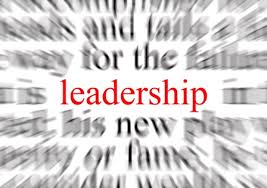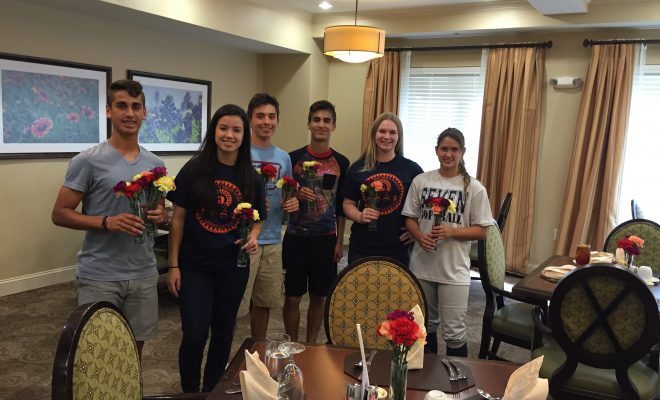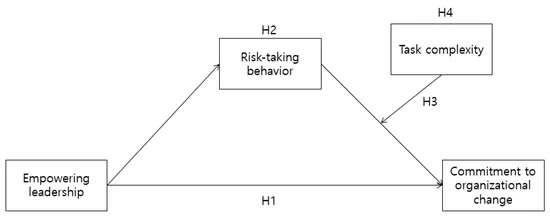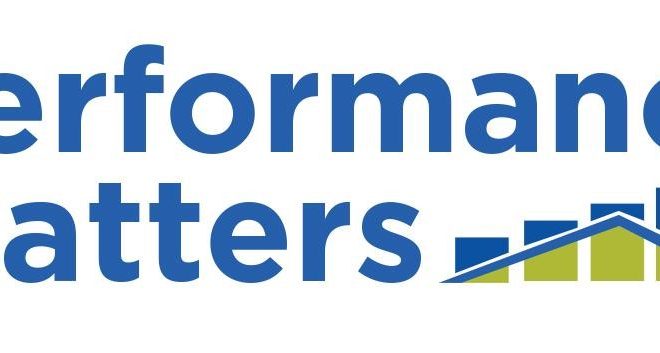Four Forms of Forgetting That Affect Sustainable Leadership

The main challenge to educational reform is not to retreat to the past. Instead, we should build an intelligent relationship that acknowledges its existence, understands its meaning, and learns from it. An organization may choose to forget elements of the past. De Holan and Phillips introduced four kinds of “organizational forgetting.” They categorized them based on whether they were intentional or unintentional, or whether they applied to established or recently acquired knowledge.
Dissipation
Dissipation occurs when new knowledge is brought into the organization, but without goodwill or ability to make it stick in people’s memory toward the goal of organizational effectiveness. Dissipation is easily prevented by passing on the new knowledge to others. Most charismatic leaders find this difficult, refusing to face that they will be replaced, or the ultimate end to their position .
De Holan and Phillips suggest that new knowledge is passed not only through mentoring or succession; it can also be transmitted when leaders explicitly connect it to what people already know.
Degradation
Degradation occurs when well-established knowledge is lost accidentally. It commonly occurs when there is high turnover of critical personnel, who are unable or unwilling to create collective knowledge that would enable a successful joint action without their presence.
High turnover in teaching staff causes noticeable difficulties, mostly in innovative schools, where distinctive goals, practices, and structures are renewed as teachers come and go. The sudden downsizing in middle-level management can also cause degradation, since management losses and budget cuts reduce middle-level managers ability to support the principals in their running of schools.
Suspension
While organizational forgetting is usually accidental, some of it is deliberate, as part of a strategy for change and improvement. Collins and Porras found that one of the factors that leads to long-standing success in business is companies’ abilities to engage in diverse research, knowing when to keep successful innovations, and when to “forget” the rest.
Suspension is needed in educational policy in the U.S. This can be achieved by cutting back on the curriculum, exempting schools that succeed using other designs, reducing external accountability, putting less emphasis external testing, giving other personnel the administrative tasks that burden teachers, and improving school infrastructure in poor communities, making them better suited for student learning (Teachernet, 2005). While it is easy to abandon tasks and practices that one never wanted in the first place, it is harder to let go of those practices that they found comfortable. Hargreaves (2007) suggests that, to achieve this, a much more organized, and focused process is required to make suspension practical, deliberate, and desirable.
Purging
Purging is forgetting some of our poor practices, bad habits, and outdated ways of doing things that do not meet the needs of changing cultures and times. However, unlearning practices we feel are effective and exchanging them for new, unfamiliar ones can be uncomfortable. The temptation to cling to the past is normal and understandable.
According to Hargreaves, when purging involves teaching literacy, testing processes and attitudes, communication with parents, or school administration, there are two core issues that must be considered. First, we have to ask if the areas for unlearning have been diagnosed correctly, and whether this unlearning is for educational or political reasons. Second, we need to find out whether the knowledge transition is being managed in a supportive or a traumatic manner.
The emphasis of reform should be for the experienced teachers to improve their practices. Purging and other acts of forced forgetting lead to the wasting of the teachers’ wisdom as professional elders, and makes them discouraged and upset.
Renewing the Past
In the words of the great English romantic poet William Wordsworth, “let us learn from the past, to profit the present, and from the present to live better in the future.” Sustainable leadership therefore needs both a rear-view mirror and a windshield.
Leaders must sustain themselves and those around them to promote and support learning, persist with their vision. The must lead the charge in avoiding burnout, and ensure that the improvements they bring continue after their departure. Leaders should also consider the impact their leadership has on neighboring schools, how they encourage diverse teaching and learning in their schools, and their how the interact with their community.
Most school leaders want to do things that matter, inspire others to join them in their vision, and leave a lasting legacy. Often, leaders don’t let their schools down, but the systems through which they lead do. Sustainable leadership requires a collective effort from all stakeholders in the school. If change is to matter, spread, or last, sustainable leadership must be a central priority of education systems.





